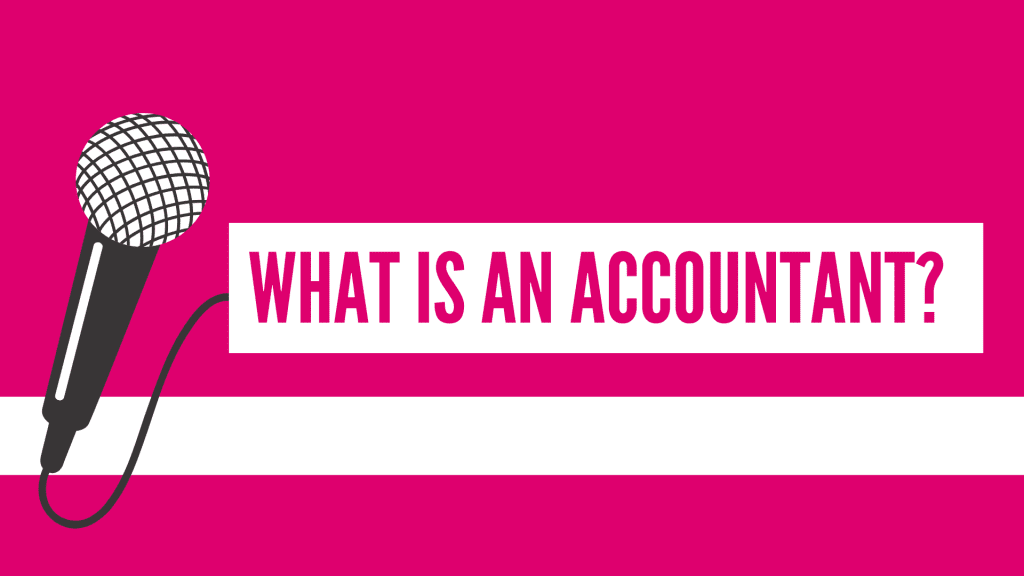
What is an Accountant? Unveiling the Essential Role in Your Business If you’ve ever wondered, “what is an accountant?” then…

What is an Accountant? Unveiling the Essential Role in Your Business If you’ve ever wondered, “what is an accountant?” then…
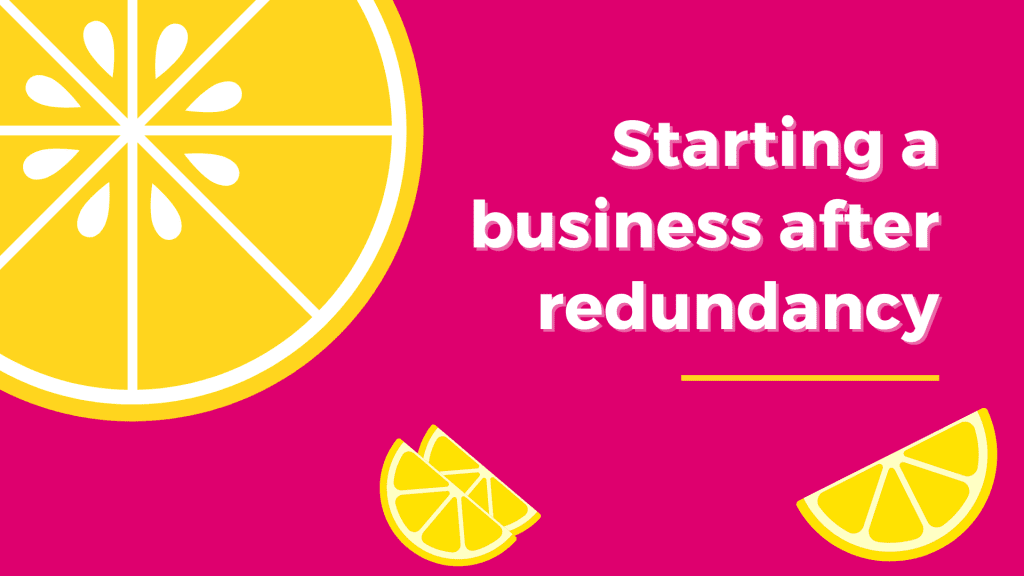
Facing redundancy can be incredibly challenging, but it could also be the perfect time to start a brand new career…
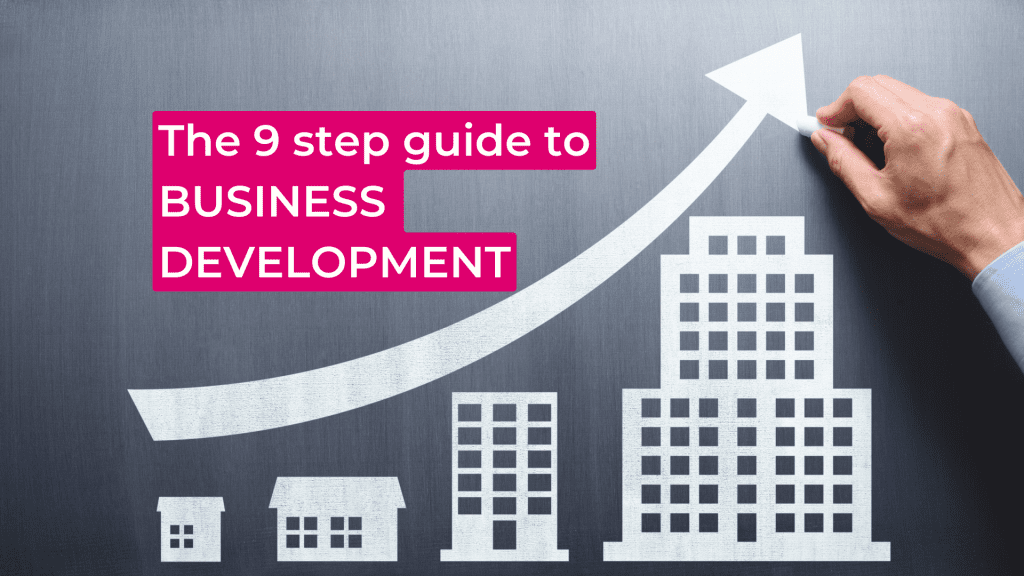
Here at 1 Accounts we are invested in helping your business develop and succeed. We find allocating some time each…

So you want to sign up to working with us and have had a successful meeting! Or maybe you’re already…
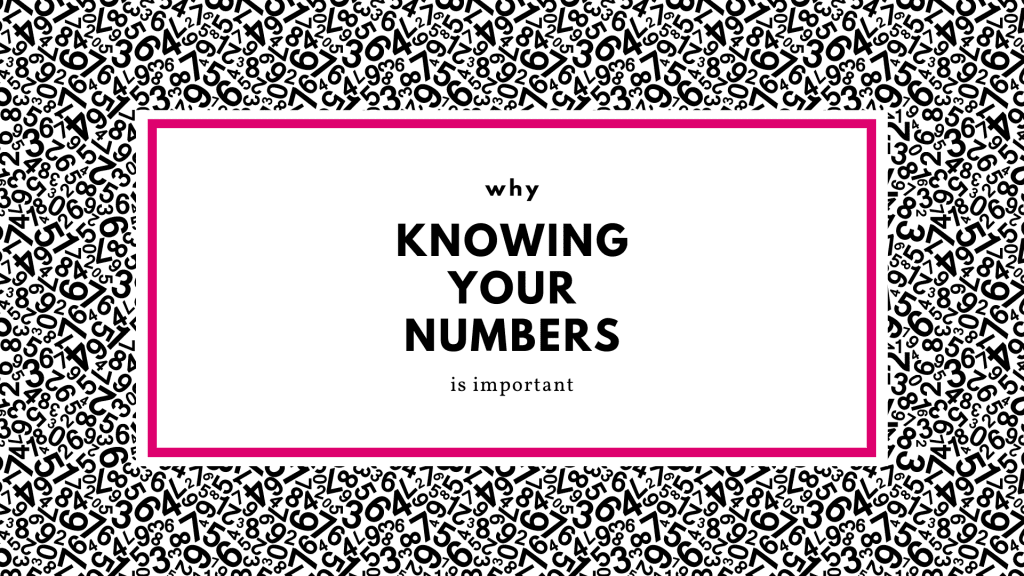
Every Sunday, Paul reads The Sunday Times to keep up to date with current affairs and to read the great…
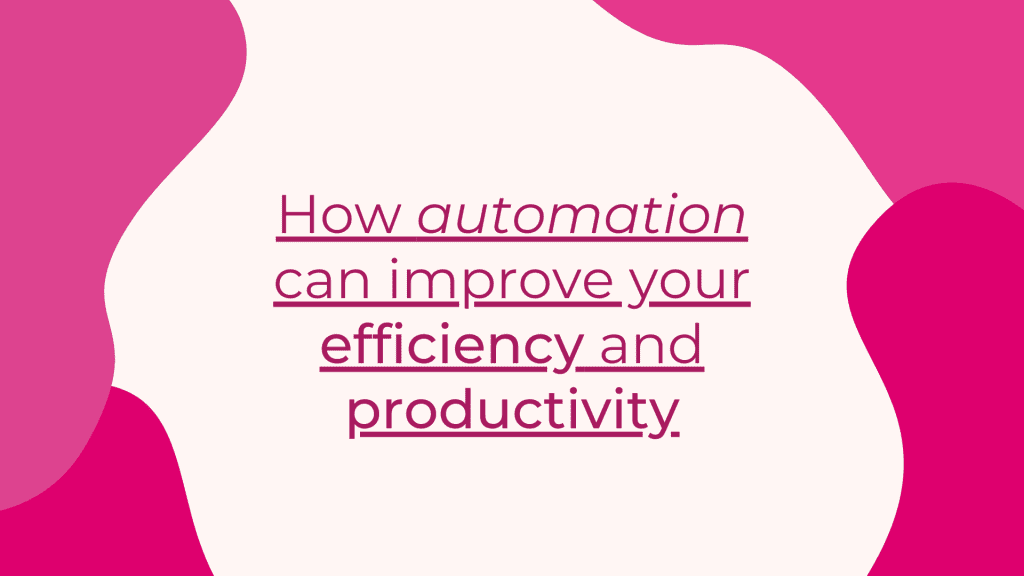
Automation was already on the rise pre-pandemic, but now it has become a business priority. The positive benefits of automation…
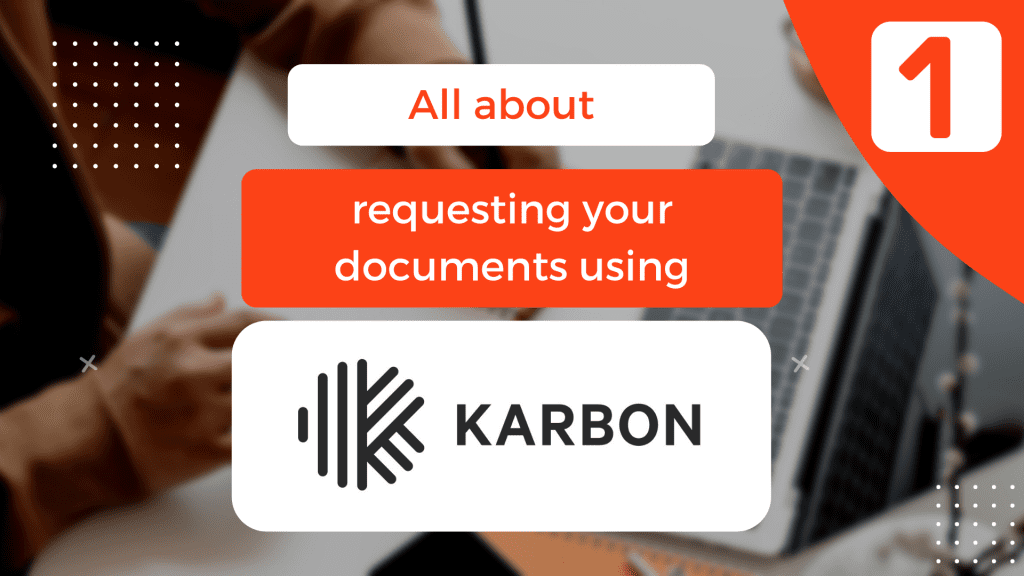
As a cloud-based accountancy practice, we very rarely ask you to bring in physical copies of your documents to our…

Dext, formally known as Receipt Bank, is a software that we recommend so much that we include it in all…
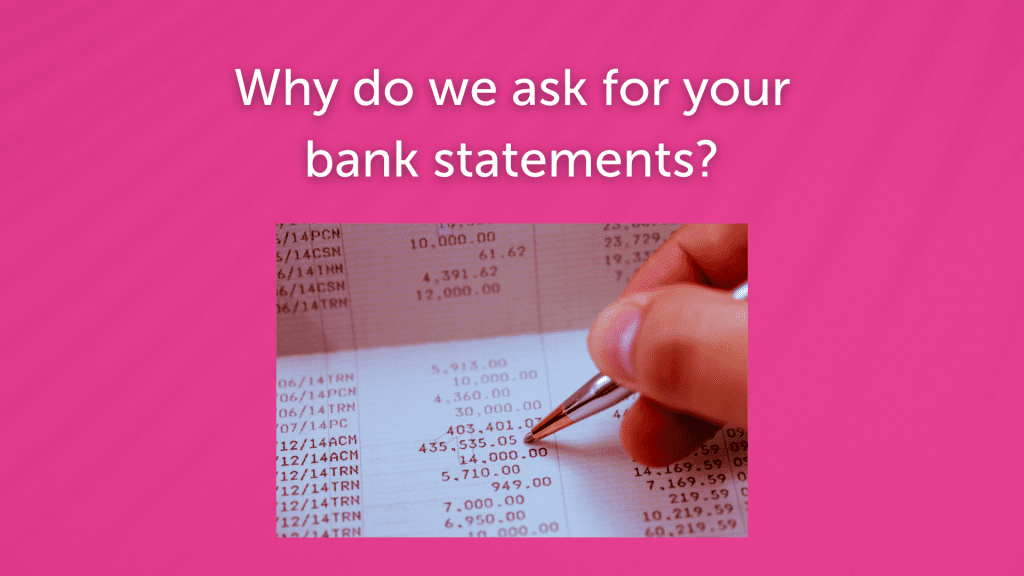
Depending on which service you are on, you will find that you receive requests from members of our team asking…
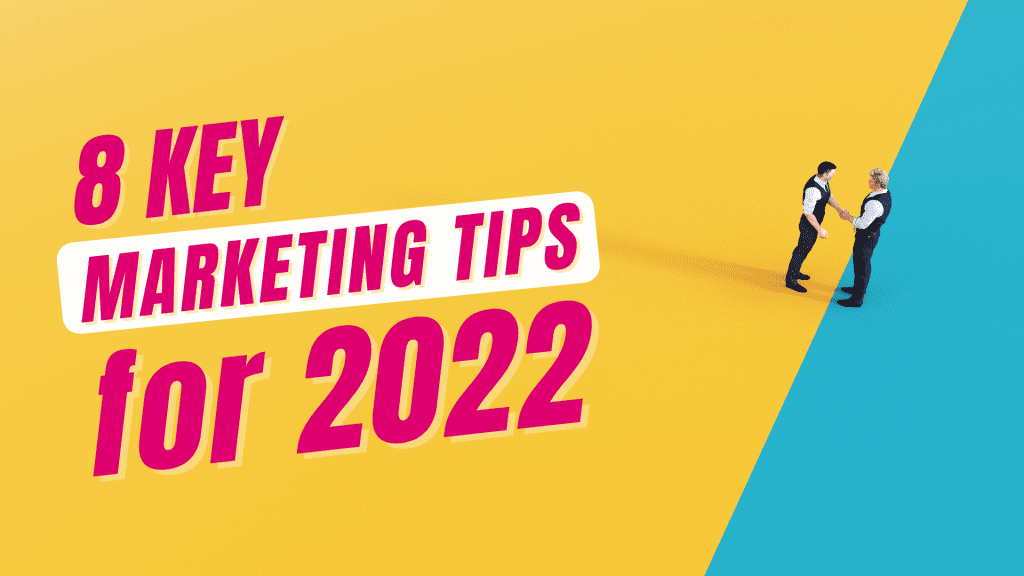
Marketing today looks vastly different from that of ten years ago. Gone are the days where paid ads, membership of…